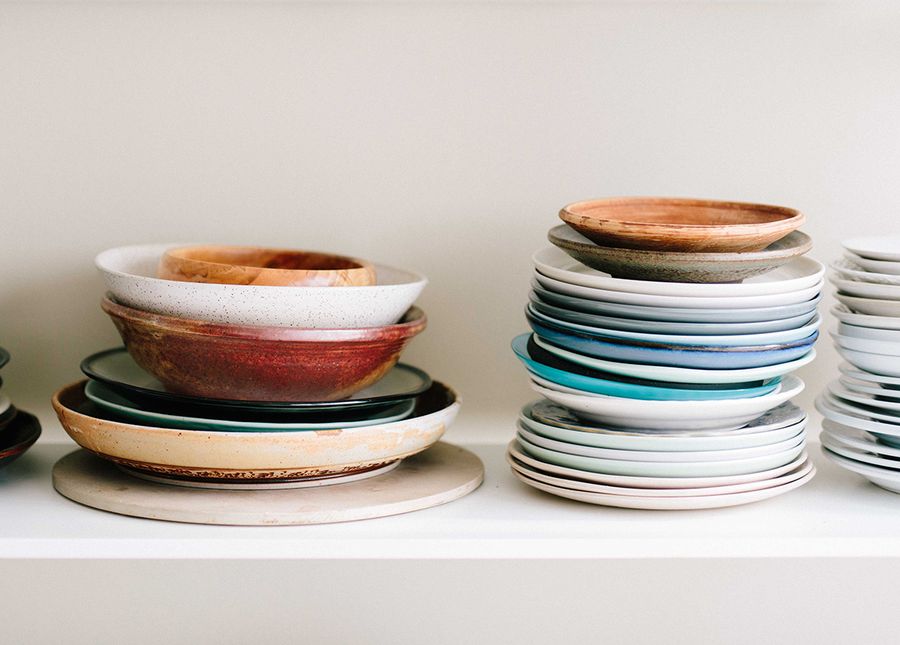There are many benefits to staying in your own home, yet it can be easy to let things slide. Here are some tips on how to look after yourself:
Food that comes to you
These days there are many options when it comes to food that comes to you. Of courses there’s Meals on Wheels, which since the 1950s has been bringing people meals direct to their homes. Youfoodz is a more recent arrival on the food delivery scene, offering a variety of healthy meal plans and menu items from around the globe (think Mexi- beef pasta, Thai chicken and stir-fry veg, and hearty lentil Bolognese). Hello Fresh and Marley Spoon offer similar services, so it’s worth comparing them all to see which appeals most to you.
Meal preparation
If you prefer to put your own meals together but find it hard to get to the shops, consider online grocery shopping. Both Coles and Woolworths have online stores. Delivery is generally free on your first order, as well as when you spend over $100 in one transaction. A friend, family member or carer can help you pick your items on the supermarket’s website and then all you need to do is nominate a delivery date and time, and it’ll arrived at your doorstep. Both supermarkets publish free monthly magazines with lots of meal ideas, and websites such as Taste have thousands of recipes to choose from, giving you lots of inspiration when it comes to breakfast, lunch and dinner.
Stay connected
It’s easy to become isolated when spending a lot of time at home, especially in the cold winter months when the idea of an outing doesn’t seem very appealing. However it’s important to stay connected with others rather than spending too much time alone, otherwise feelings of depression and loneliness can creep up. Whether it’s through a phone call, text, social media, apps such as Skype or FaceTime, letter writing, talking over the fence to your neighbours or inviting friends or family members over, being social is important for your mental health. Another option is companion care, which not only gives you help around the house but company as well.
Don’t neglect your health
Keeping healthy of course doesn’t just encompass what you eat and the state of your mental health. Book in regular check-ups at the doctor and continue taking the medication prescribed to you (unless you have a reason not to, in which case you should see your doctor). Being active is also important. There are lots of exercise options no matter what your fitness or mobility is. If you don’t have a gym or community centre nearby that runs gentle exercise classes, look online – there are many videos of yoga and chair-based exercises with easy to follow instructions.
Look after yourself and your home
While news reports make it seem like there’s danger lurking around every corner, you should feel safe in your home. Simple tasks such as ensuring your door is locked and the smoke alarms are working are not to be skipped. You may want to place a ‘do not knock’ sticker by your door – you can get one by sending a stamped, self-addressed envelope to the Do Not Knock action group. If you’re concerned about door knocking, you can contact Consumer Affairs in your state or territory. You can also list yourself on the Do Not Call Register, a free service allowing you to opt out from unsolicited marketing calls. Even if you’re on this list, be wary of any calls that ask you for personal details. If for example, your bank calls to check on your details, you can phone them back to check that it is a legitimate request. This can save you from being the victim of a scam.
Keep your home clean and tidy
While you may not be able to do intensive cleaning, try to keep your home clean and tidy (which a carer may be able to help you with). Regularly doing the dishes and the washing is much easier than trying to tackle it all in one go. If you’re feeling overwhelmed by how much stuff you’ve accumulated in your home, get someone to help you sort through it. Professional organisers specialise in this and will be able to help you part with items while uncovering some forgotten gems!




